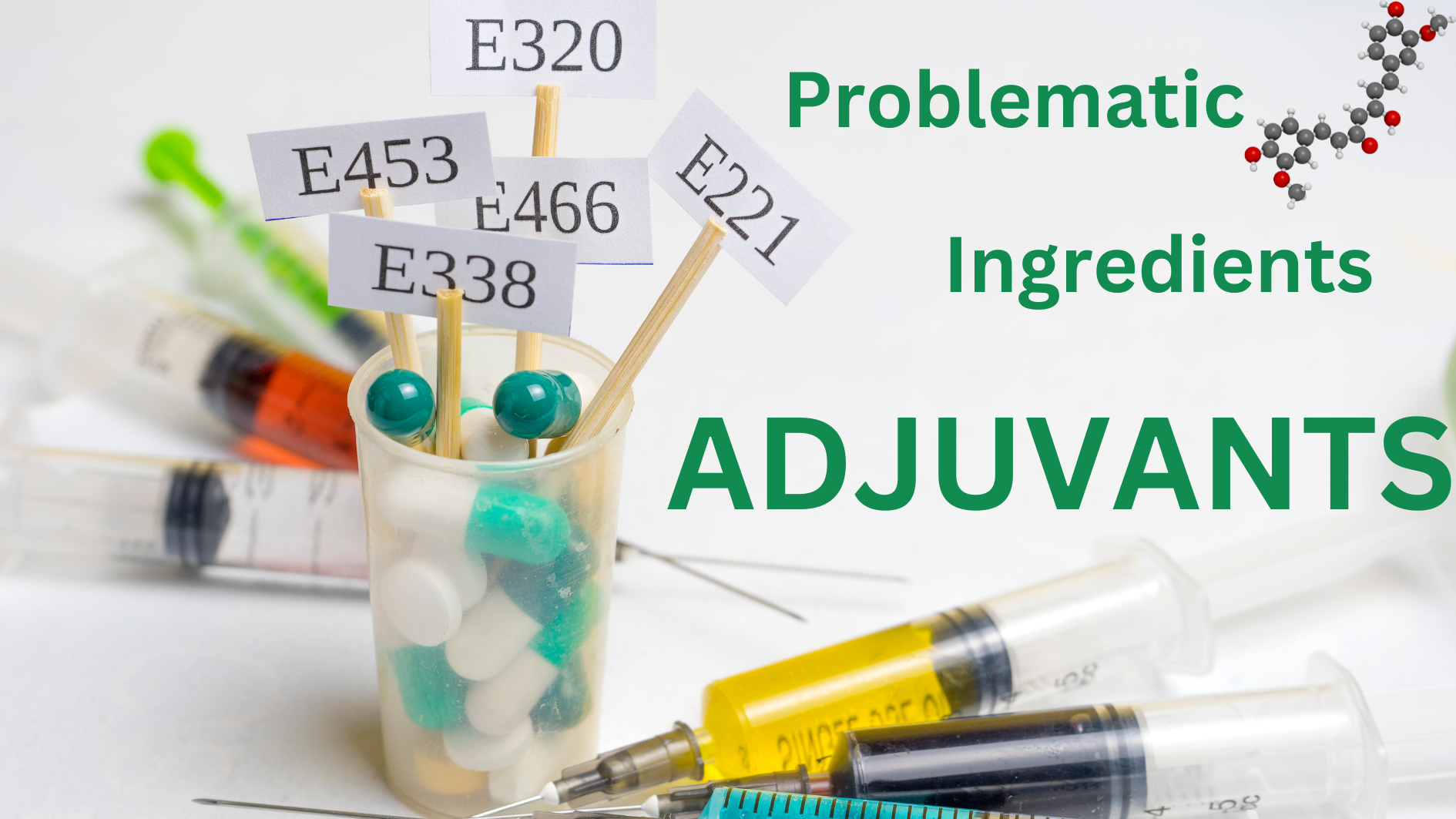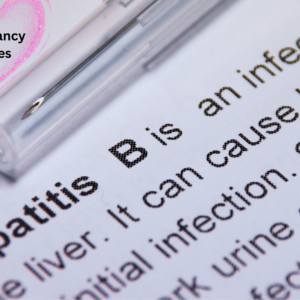Course description
An adjuvant is “a substance which accelerates, prolongs and enhances the quality of a specific immune [meaning antibody] response when incorporated into a vaccine formulation.” The evolution of the use of adjuvants began with the diphtheria vaccines. At the turn of the century, diphtheria was a common filth disease. The swelling in the throat caused by the release of the diphtheria toxin from Corynebacterium diphtheriae could lead to obstruction and if severe, could lead to death.
By 1895, an anti-toxin was discovered that could neutralize the toxin released into circulation. An injection of anti-toxin – a dose of antibodies – was a treatment. Largescale production of anti-toxin /antibodies was made by injecting a dose of diphtheria into horses. Researchers found that when an irritant was injected along with diphtheria toxin, a very large number of antibodies would result that could be harvested. They needed a better “production method.” Hence, the idea of an adjuvant was born.
Aluminum-containing adjuvants have historically served as immunostimulants for vaccines and remain as the most widely used, an only approved, adjuvants. Only recently have we begun to understand the mechanism of action adjuvants and the complexity of using to magnify the result to the injected antigens. Aluminum is discussed in a separate module.
Many chemicals have been postulated as use adjuvants are being investigated. In
this module, we will discuss several other immune stimulants being considered as a
vaccine ingredient. [1 Video, Length: 33 min, Downloadable Material, Access to Forums]
In the module, you will learn:
* The history of adjuvants and why they are still in vaccines today
* Why the first oil adjuvants were abandoned but experiment continues today
* The variety of strange compounds being injected into humans to induce an antibody
* Why the recent discovery of the Toll-like receptors has changed the understanding of the entire innate immune system
* The seven reasons why adjuvants are added to vaccines
* The specifics about GSK’s AS adjuvant system and why it has yet to be used in vaccine manufacturing.





